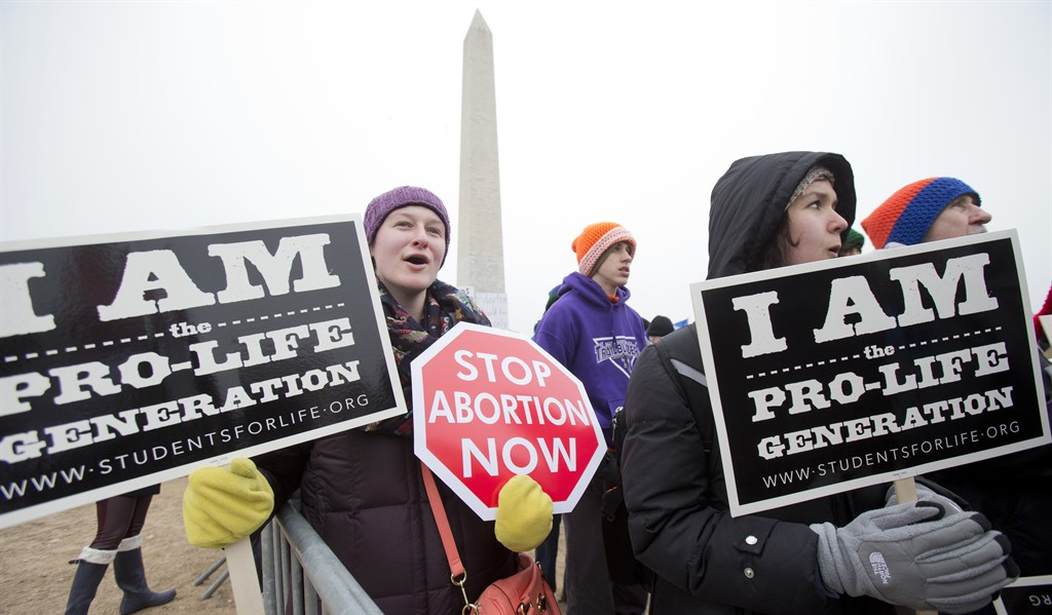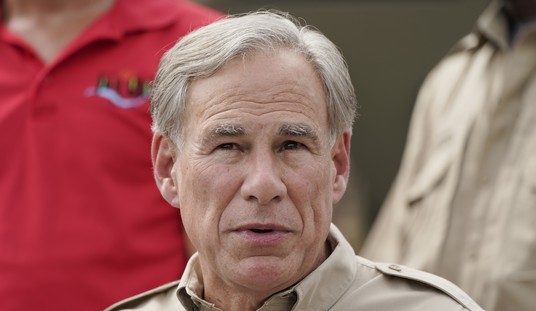Can you be censored, canceled, or even professionally suspended for standing up for the right to life? A groundbreaking United Kingdom settlement involving the University of Nottingham and midwifery student Julia Rynkiewicz has made clear that academic institutions should not sanction students who hold pro-life views.
Ms. Rynkiewicz, as a consequence of her pro-life beliefs, faced a suspension and four-month fitness-to-practice investigation, which threatened not only her education, but also her future career as a midwife. Now, having received a settlement from the University, she hopes her experience will pave the way for greater respect for fundamental rights on university campuses. As she states, “The settlement demonstrates that the university’s treatment of me was wrong, and while I’m happy to move on, I hope this means that no other student will have to experience what I have.”
If American universities are to retain their academic integrity, they should look to the Nottingham case as a cautionary tale. In the United Kingdom, a recent poll released by ADF International (UK) found that 44 percent of students self-censor in class for fear that they would be “treated differently” if they expressed their real opinions. More than a third agreed that the number of student events canceled because of the views of speakers has increased. Despite the profound American emphasis on freedom of speech, many U.S. college campuses evince the same trend with students increasingly suffering the silencing effects of a culture of censorship.
Standing up for life should carry no cost, and it is fortunate that in Ms. Rynkiewicz’s case, justice prevailed. However, the human toll of university-led “investigations” into matters that fall squarely within the ambit of rights to conscience and expression must not be minimized. Such efforts undoubtedly have the potential to permanently tarnish the professional ambitions of students who have done nothing other than express views that are not only well within their rights, but also shared by millions across the world. Moreover, it unleashes a devastating chilling effect in the very places of higher learning that require utmost respect for free expression in order to fulfill their academic missions.
Recommended
As stated by Ms. Rynkiewicz: “What happened to me risks creating a fear among students to discuss their values and beliefs, but university should be the place where you are invited to do just that.” With academic freedom under assault, renewed attention to robust protections for students is needed now more than ever. A true culture of free expression requires protections that kick in before students face the arduous burden of having to defend against sanctions and suspensions, as occurred in this case. That is why at least fourteen states have passed campus free speech laws. Ohio is set to become the latest state to do so, as the governor is imminently expected to sign the FORUM Act—a bill designed to protect the First Amendment freedoms of students attending colleges or universities that receive state funding. This is an essential step in protecting students from facing the perils of academic censorship.
In response to the settlement announcement, Director of ADF International (UK), Ryan Christopher, noted that, “a culture of vibrant discussion and free debate should be restored to universities. Today’s censorial culture on campus could easily become cancel culture in the public square.” Let this serve as fair warning to opponents of our first freedom in the United States.
Academic censorship is not restricted to the walls of the lecture hall. What happens in our colleges and universities permeates the whole of our national discourse, and it is imperative that all students be allowed to exercise their constitutionally protected freedoms for the safeguarding of our democracy.
Elyssa Koren is the director of United Nations advocacy in New York City for ADF International. Elyssa can be found on Twitter: @Elyssa_ADFIntl

























Join the conversation as a VIP Member